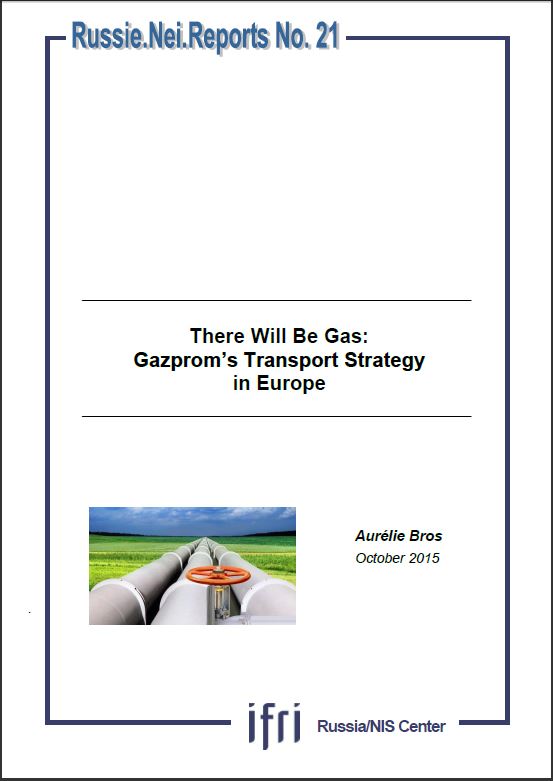There Will Be Gas: Gazprom’s Transport Strategy in Europe

The key role of Ukraine in the transportation of Russian gas and the underground gas storage facilities are a legacy of the Soviet era. From the mid-1990s onwards, Gazprom has repeatedly tried to control gas transit through Ukraine and other infrastructures from the Soviet era without success.
As a consequence, Gazprom developed major projects in collaboration with European energy companies to diversify gas supply routes at a time when it anticipated a major increase in European gas demand and import needs of Russian gas. However, this traditional route is currently not entirely replaceable. Furthermore, the Russian company will likely prioritize some projects, as it is fairly complicated to address everything head-on (Nord Stream 2, Turkish Stream).

Available in:
Regions and themes
ISBN / ISSN
Share
Download the full analysis
This page contains only a summary of our work. If you would like to have access to all the information from our research on the subject, you can download the full version in PDF format.
There Will Be Gas: Gazprom’s Transport Strategy in Europe
Related centers and programs
Discover our other research centers and programsFind out more
Discover all our analysesThe Caspian Sea as an Emerging Energy Hub : Potentials and Limitations
This report analyzes the prospects of the Caspian Sea region — and its key actors except for Russia and Iran — becoming an important energy hub serving the needs of the European Union (EU).
The European Union's Strategic Test in Georgia
The political crisis brewing in Georgia is of an existential nature for the country. What is at stake is Georgia's future as a democratic and sovereign European nation (EU).
Commanders of Putin's Long War: Purged, Reshuffled and Disgruntled
The trend of reshuffling the Russian top military command in the course of a fast-evolving and far from successful war has progressed unevenly both across the Armed Forces’ structures and in time. The rationale for and timing of the abrupt cadre decisions made by Commander-in-Chief Putin often defy logical explanation, and the rare official clarifications are no more informative than the usual information blackout.
Russian Military Manpower After Two and a Half Years of War in Ukraine
In addition to a military victory in Ukraine, the Russian leadership is planning to build up sizable troop formations for a possible conflict with NATO in the Baltic region and the Kola Peninsula. In particular, current plans aim for the military manpower to grow by about 350,000, reaching a total of 1.5 million soldiers and commanders. In the context of the current conflict in Ukraine, this cannot be accomplished without a new wave of mass mobilization.








